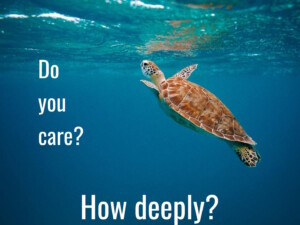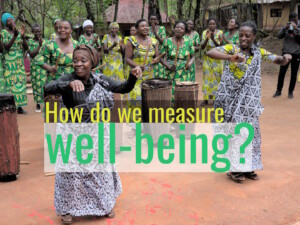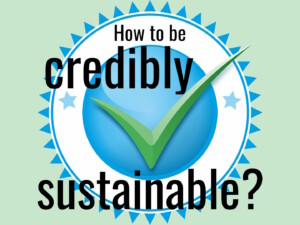Ourselves, others, nature: The three relationships in regenerative tourism
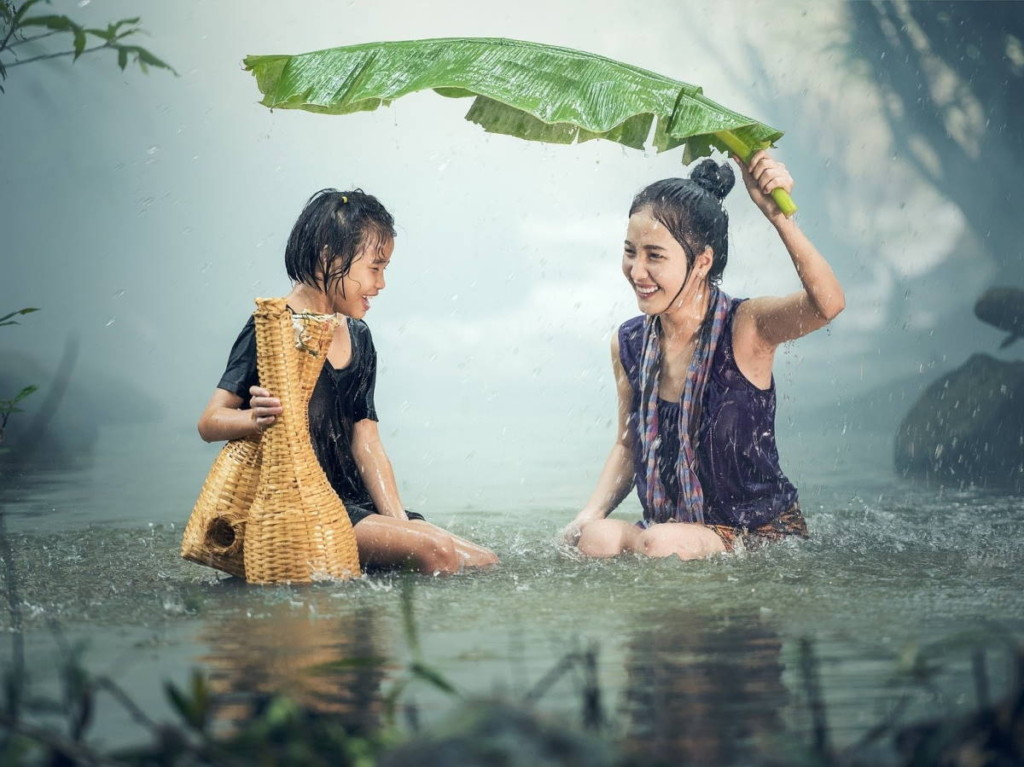
At a women’s retreat that starts soon, Sonia Teruel would like participants to “reinforce [their] feminine essence, and to flow with life and the natural cycles” so as to more effectively work on the three relationships of regeneration (and regenerative tourism).
In this “Good Tourism” Insight, Ms Teruel describes the three relationships.
[You too can write a “GT” Insight.]
When I was in Mexico, I worked with colleagues to give visibility to rural and indigenous communities and small sustainable enterprises. We looked for answers to make them feel included, empowered, and proud.
I eventually came across the paradigm that would answer many of the questions that remained unresolved in my sustainability journey, such as: How can we create a tourism plan that adapts to the place? How can we improve relationships? How can we be much more inclusive of all local stakeholders?
I came across regeneration.
Also see Susanne Becken & David Gillbanks’ “GT” Insight
“Regenerative tourism vs sustainable tourism: What’s the difference?”
I remember clearly how one of the things that really caught my attention about the regeneration paradigm was the emphasis on three relationships: the relationship with ourselves, the relationship with others, and the relationship with nature.
And I asked: How can regeneration help us solve the global crisis we are experiencing at the moment? How can this help me feed my children? How can it tackle the issues I mentioned above; inclusion, empowerment, and pride?
We have more conscience. But is this enough?
In this era in which we are slowly evolving into more socially- and environmentally-conscious individuals (although we are still not connecting both), we have a series of indicators and guidelines to follow to have a more sustainable world.
If you do this, you are sustainable, if you don’t, you are not. If you have a certification, you are committed. But if you don’t, we can question your actions.
This is particularly relevant in tourism, an ‘industry’ that moves millions of people every year and has shown to have the power to create a very significant impact (both positive and negative).
But, is this enough?
Also see Loretta Bellato’s “GT” Insight
“Is ‘regenerative tourism’ just a rebranding of ‘sustainable tourism’?”
We realise that we are living through a major global crisis: climate crisis, loss of biodiversity, the approach of peak oil, value crisis …
It is so overwhelming to think that we have to transform our lives and give up on certain comforts recently acquired, that we just insist on focusing our attention on compensating for our impacts, such as: When travelling, how about buying a carbon offset or planting a few trees? That will create balance, surely?
We are in such a rush to extinguish the fires we have created (often unwittingly), but also to get back on our feet after this long pandemic, that we are not giving ourselves time to reflect and question if maybe we should change the way we do things.
Also see Tazim Jamal’s “GT” Insight
“Towards a new paradigm for regenerative tourism and just futures”
It is very important that we understand that the way we see the world, our ethos, our values, our relationships, and even our self-confidence can have a great influence on the type of systems we create. And of course, that humans are not separate from nature; but on the contrary, are part of it.
Our observation, relationship, and reciprocity with nature has the potential to create resilience and life, in the fullest sense of the word.
So, working on the three relationships of regeneration can make a whole world of difference before we design an eco-social network that will allow our destination to thrive. But, what does it mean, exactly?
The relationship with ourselves
This is the capacity we have to show our essence through a process of self-realisation. By doing that, we become more human; more compassionate, thoughtful, and holistic. In this process, we begin a journey of deeply getting to know ourselves, to understand our identity, our purpose, and how to integrate that essence in our actions towards the world. That is, to be congruent.
It seems very simple, but it can be a challenge (at least initially) for those that are not used to doing introspection exercises and questioning. During the exercise, some limiting beliefs can come out, and with them insecurities, fears …
But if we don’t do this internal work, our actions will be guided by what we have been told is okay. And questioning is tremendously important. Believing in our potential and our capacity is extremely important.
The relationship with others
This is the capacity to work and participate in social life. It sounds easy, doesn’t it? But in fact, throughout history, we have evolved towards a more individualistic model.
Several experts point out that individualism is one of the reasons for the deterioration of our environment, and that our social alienation is from the lack of commitment towards community.
Moreover, it has been proven that if we want to overcome a crisis of great magnitude and design innovative, effective solutions, we must do it collectively.
Therefore, it is especially important to re-develop our capacity to relate to each other and collaborate (instead of competing) and discover our common purpose, which will awaken our creative side to generate innovative systems.
This mindshift can mean a very significant change, not just in how we do business or manage a destination, but in our own lives!
The relationship with nature
In our efforts to generate wealth and knowledge, we have thought that this must be done at the expense of nature.
For centuries, we have believed that growth was limitless, using nature like a machine and taking resources from outside when we exhaust our own. So, progressively, we have lost our connection with the Earth and the Sun, both of which we depend upon.
The capacity to co-evolve in harmony with the living systems that we are part of is going to help us generate the necessary conditions to create life and abundance (in every sense of the word, not just economic).
Understanding that economy is there to serve society, and not the other way around. Understanding that there are planetary limits that we must not surpass, and that is okay. Understanding that our interrelationship and reciprocity with nature is much more powerful than we think.
If nature is perfect, having a great capacity to share information, nutrients, communicating, and regenerating, imagine how our organisations and lives would thrive if we applied these same principles.
A retreat for women
At The RegenLab, we have designed an in-person retreat for women, where you will be able to learn experientially.
This retreat offers everything you would expect: relaxation, disconnection, natural surroundings … but also, it will help us work on our deep purpose, our internal relationship, to change our relationship with others (in our day-to-day lives and our businesses or jobs), and it will plant a seed to help us overcome limiting beliefs, give us the confidence to do things differently, reinforce our feminine essence, and to flow with life and the natural cycles.
Don’t miss any “GT” content tagged with
“Sustainable tourism and regenerative tourism”
A workshop that will bring us closer to like-minded people who are on the same wavelength as us, where the focus will be on sisterhood, mutual support, and the vitamins that we need to focus, not on the crisis that we have, but the wonderful potential that lies ahead of us.
Join us June 23 – 26 in a beautiful natural environment in the region of l’Anoia, a few kilometres away from Barcelona, Spain at “Women, Solstice and Regeneration”. The language for the event will be Spanish.
What do you think? Share a short anecdote or comment below. Or write a deeper “GT” Insight. The “Good Tourism” Blog welcomes diversity of opinion and perspective about travel & tourism because travel & tourism is everyone’s business.
Featured image (top of post): Ourselves, others, nature: The three relationships in regenerative tourism. Image by sasint (CC0) via Pixabay.
About the author
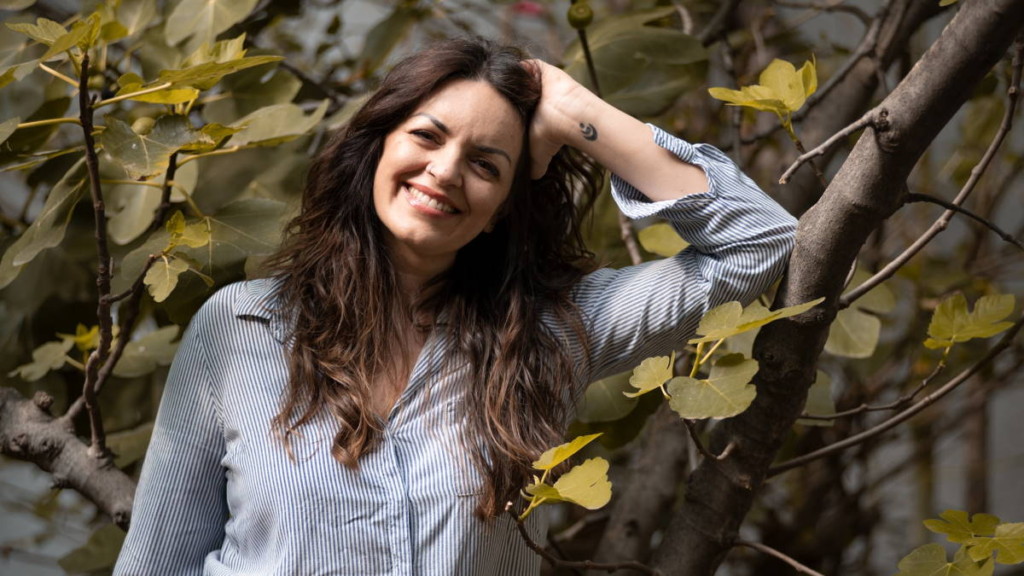
Sonia Teruel, founder of The RegenLab for Travel, has a strong background in the travel industry, specialising in community-based tourism. As general manager of an ethical tour operator in Mexico since 2015, Ms Teruel helped the organisation with its transition towards a regenerative model. She published a thesis about regenerative tourism in 2018 “to trigger further research on the subject”. Sonia is also a lecturer and consultant on sustainable and regenerative tourism.


